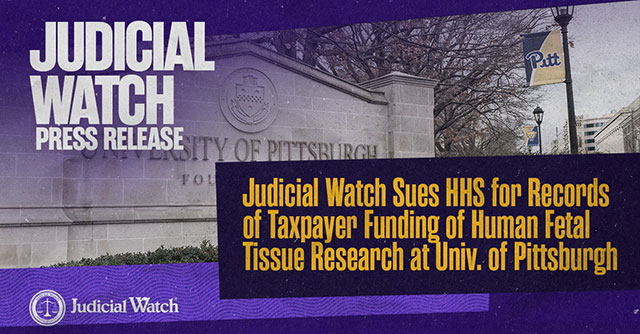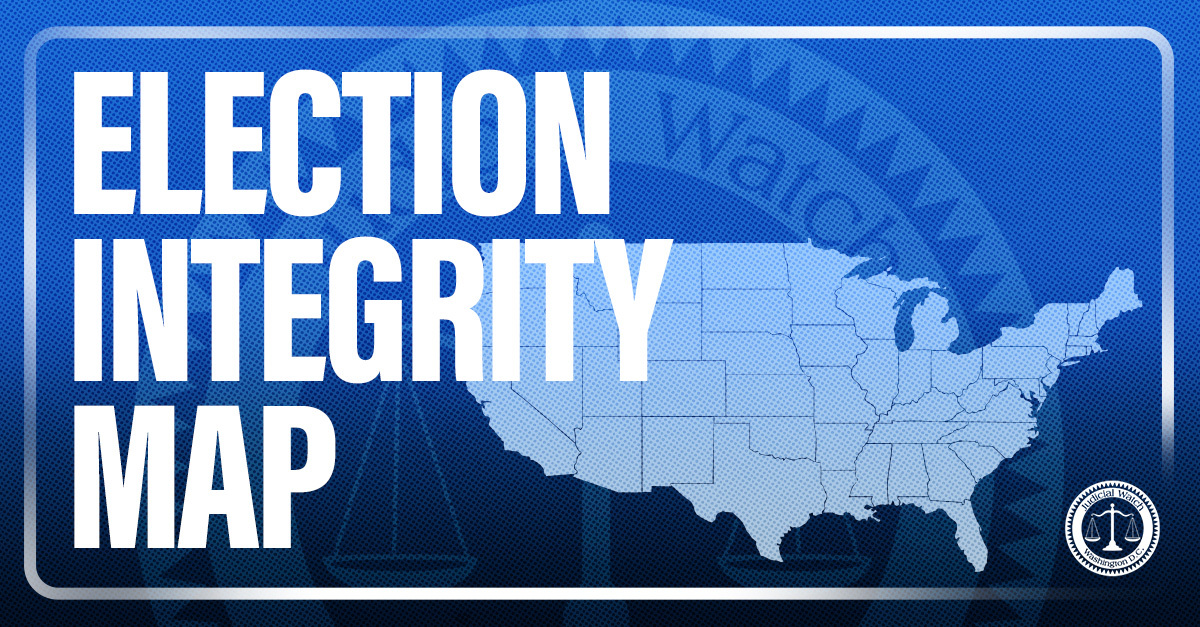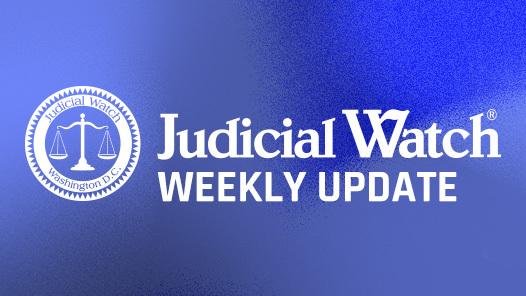
Judicial Watch Applauds U.S. Supreme Court Decision to Hear Case against Arbitrary Redistricting Methods Proposed for Wisconsin
(Washington, DC) – Judicial Watch today praised the decision by the United States Supreme Court to stay a lower court’s ruling and to hear a case concerning gerrymandering in Wisconsin. Judicial Watch and the Allied Educational Foundation (AEF) filed an amici curiae brief in an effort to convince the high court to reject the arbitrary method of drawing Wisconsin’s electoral districts adopted in Beverly R. Gill, et al. v. William Whitford, et al. (No. 16-1161). The lower court struck down Wisconsin’s 2011 redistricting plan on the grounds that it was an unconstitutional gerrymander. Judicial Watch asked the high court to take up the case and overturn that ruling.
“Leftists want the courts to overturn district lines if not enough Democrats win,” said Judicial Watch President Tom Fitton. “We’re happy that the Supreme Court will now have a chance to rule that Democrats – or any political party – will not have a constitutional right to win elections.”
Judicial Watch and AEF argued in their joint brief against the ruling by the U.S. District Court for the Western District of Wisconsin, which relied in part on the use of a test for gerrymandering known as the “the efficiency gap,” which focuses on a purely hypothetical estimate of what each party “should” win in a “fair” election.
Judicial Watch and AEF point out that the test amounts to court-ordered proportional representation and that this will not prevent gerrymandering:
[P]roportional representation has nothing to do with preventing gerrymandering. Deviations from proportional representation, however defined, may occur for any number of reasons other than gerrymandering, including the political views or missteps or personal qualities of the candidates of one of the parties. The absence of proportional representation does not uniquely identify gerrymanders. In any event, proportional representation is not required by the Constitution.
Judicial Watch plans to file another amicus curiae brief as the case moves forward in the Supreme Court.
The Allied Educational Foundation is a charitable and educational foundation dedicated to improving the quality of life through education. In furtherance of that goal, the Foundation has engaged in a number of projects, which include, but are not limited to, educational and health conferences domestically and abroad. AEF has partnered frequently with Judicial Watch to fight government and judicial corruption and to promote a return to ethics and morality in the nation’s public life.
###

















